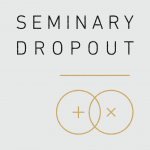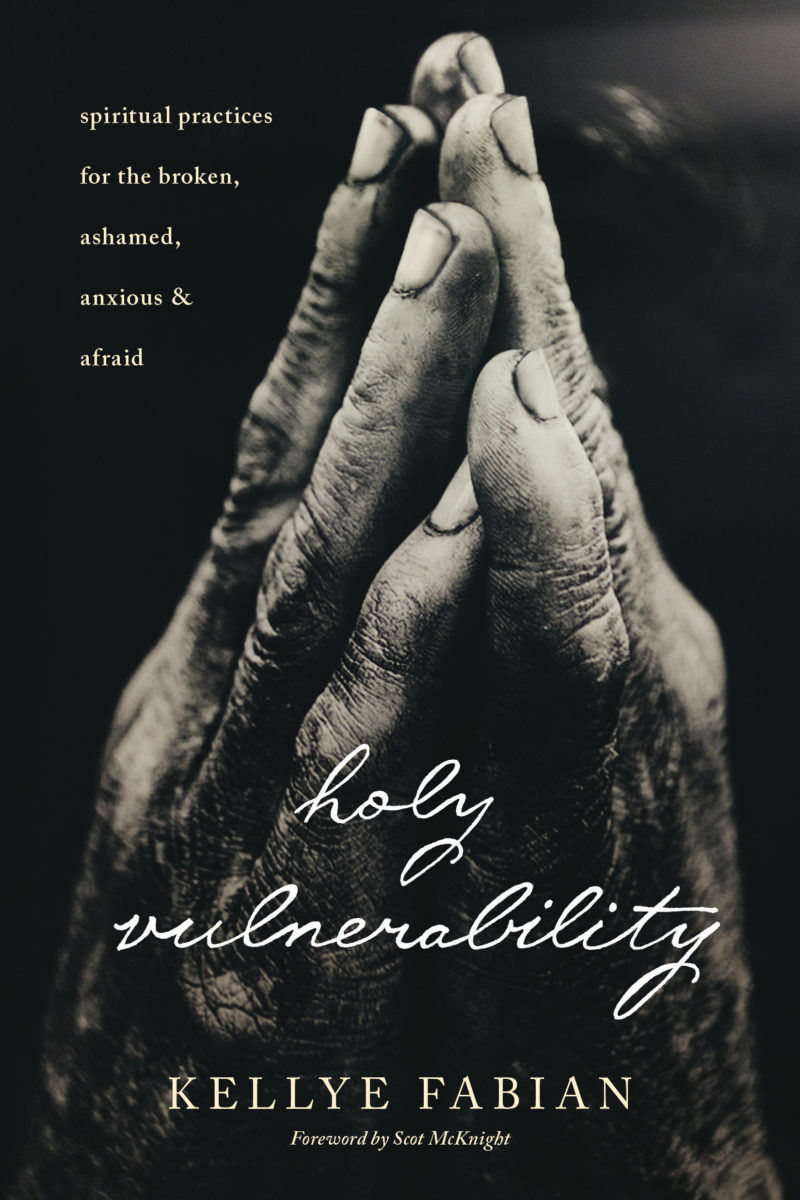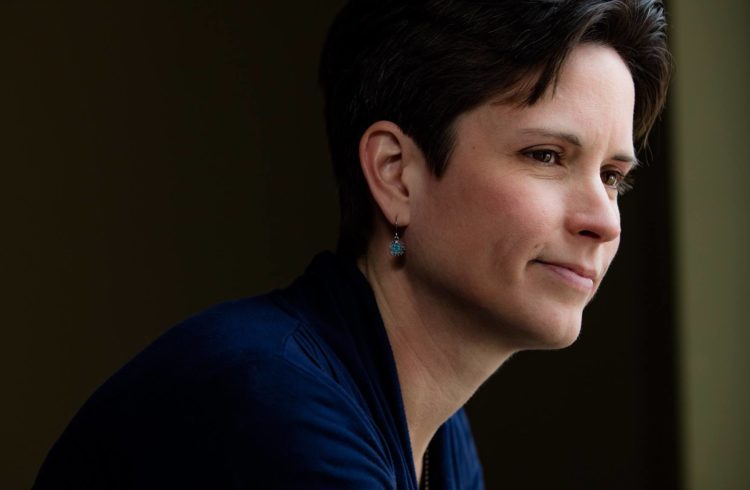
Kellye Fabian serves at Willow Creek Community Church as the Pastor of Biblical Oversight & Support and is the author of Holy Vulnerability: Spiritual Practices for the Broken, Ashamed, Anxious, and Afraid and Sacred Questions: A Transformative Journey Through the Bible. A former trial attorney turned pastor, Kellye’s experiences have equipped her to work closely with people struggling and learning how to cope with hard things.
Kellye provides leadership, develops content, and fills various roles at Willow Creek, including teaching and leading the community through spiritual practices. Kellye also teaches spiritual discipline workshops.
Kellye has a Certificate of Spiritual Formation through the Transforming Center and a master of arts degree in New Testament from Northern Seminary. Kellye and her husband, Steve, have three daughters between them and live in the Chicago area.
You can read more of Kellye’s thoughts on her blog, and find her on Facebook.
Life can seemingly be fine on the surface. But for any of us who scratch that surface, we recognize anxiety, shame, disappointment, and regret. And yet, in the depths of these feelings, in the things we hate about ourselves, others, and this world, we can invite God’s presence.
This is the essence of holy vulnerability. To enter into holy vulnerability is to intentionally expose our raw wounds so that God can heal and mend and transform us.
What happens when we refuse this depth of healing? Something that author Kellye Fabian calls “unholy leakage”—that thing that happens when we are afraid, ashamed, or anxious, and instead of facing the reality of what we’re experiencing, we just spill it on everyone around us. Where is anxiety occupying our hearts and minds? Where is fear hindering our relationships and limiting our faith and joy? Where is shame causing us to question our self-worth? Is there another way? Yes.
Holy Vulnerability unpacks six atypical, unexpected spiritual practices intended to open us to God’s healing and transformation. Through practices like laughter, community, and tangible engagement with creation, Kellye guides us to notice where brokenness is breaking into our lives. And as we intentionally seek God in the midst of these practices—as we step out in holy vulnerability—God will meet us there. – From the Publisher

Missio Alliance Comment Policy
The Missio Alliance Writing Collectives exist as a ministry of writing to resource theological practitioners for mission. From our Leading Voices to our regular Writing Team and those invited to publish with us as Community Voices, we are creating a space for thoughtful engagement of critical issues and questions facing the North American Church in God’s mission. This sort of thoughtful engagement is something that we seek to engender not only in our publishing, but in conversations that unfold as a result in the comment section of our articles.
Unfortunately, because of the relational distance introduced by online communication, “thoughtful engagement” and “comment sections” seldom go hand in hand. At the same time, censorship of comments by those who disagree with points made by authors, whose anger or limited perspective taints their words, or who simply feel the need to express their own opinion on a topic without any meaningful engagement with the article or comment in question can mask an important window into the true state of Christian discourse. As such, Missio Alliance sets forth the following suggestions for those who wish to engage in conversation around our writing:
1. Seek to understand the author’s intent.
If you disagree with something the an author said, consider framing your response as, “I hear you as saying _________. Am I understanding you correctly? If so, here’s why I disagree. _____________.
2. Seek to make your own voice heard.
We deeply desire and value the voice and perspective of our readers. However you may react to an article we publish or a fellow commenter, we encourage you to set forth that reaction is the most constructive way possible. Use your voice and perspective to move conversation forward rather than shut it down.
3. Share your story.
One of our favorite tenants is that “an enemy is someone whose story we haven’t heard.” Very often disagreements and rants are the result of people talking past rather than to one another. Everyone’s perspective is intimately bound up with their own stories – their contexts and experiences. We encourage you to couch your comments in whatever aspect of your own story might help others understand where you are coming from.
In view of those suggestions for shaping conversation on our site and in an effort to curate a hospitable space of open conversation, Missio Alliance may delete comments and/or ban users who show no regard for constructive engagement, especially those whose comments are easily construed as trolling, threatening, or abusive.